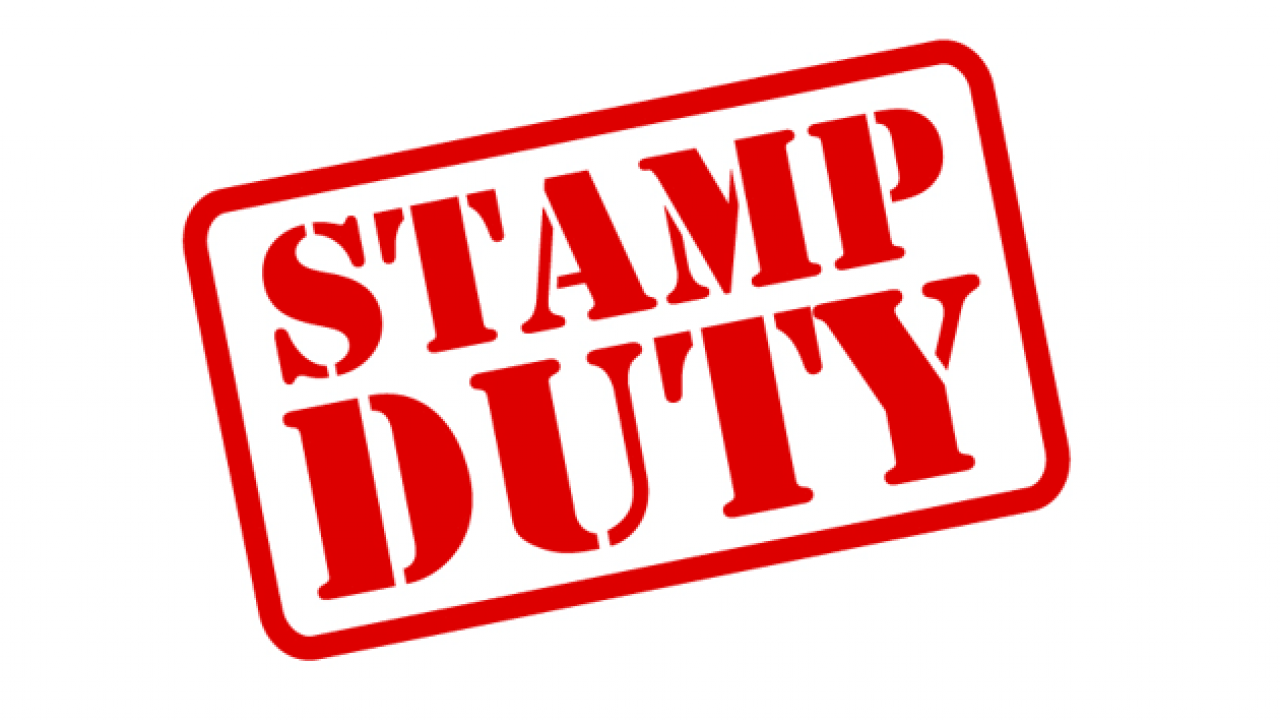
By Joyce Adelanwa
Nigerians are concerned by the increasing collection of taxes in the country amid the novel Coronavirus (COVID-19) pandemic raging across the world. The pandemic, according to available reports, is currently forcing some countries into economic recession. Many Nigerians are trying to unravel the rationale behind the recent increase of Value Added Tax, VAT, from 5% to 7.5% earlier in the year, the Federal Inland Revenue Service (FIRS) decided that landlords and property agents should pay 6% stamp duty on tenancy agreement.
Read Also: ECOWAS to Deliberate on Food Crisis in the Region
Certain business owners have had to shut down their businesses or ventured into an entirely new line of business due to the prolonged lockdown. Employees, on the other hand, have had to take temporary pay cuts, granted furlough by employers or laid off altogether.
The problem seems to be in different folds. According to a survey conducted by the National Bureau of Statistics(NBS), about 43% of respondents were reported to have lost their jobs whilst over 50% have difficulties in supporting their families.
The government is also perturbed about the dip in the country’s finance, which stems from the huge investment in curtailing the spread of COVID-19, spending on various stimulus packages, and grappling with unaccounted funds due to corrupt practices in some government parastatals among others.
While Nigerians have continued to develop strategies of adapting to the current challenges, the government devised means of generating funds to sustain the economy, an economy predicted to face the worst recession since the 1980s, according to a report by the World Bank Nigeria Development Update.
The report also revealed that, COVID-19 shock could push about 5 million Nigerians into poverty in 2020, pegging the poverty rate at 42.5% from 40.1% in 2019.
In the wake of this, the Federal Inland Revenue Service (FIRS), instructed landlords and property agents to charge tenants a 6% stamp duty on both tenancy and lease agreements. Speaking on this, the Director, Tax Policy of the FIRS, Mr. Mathew Gbonjubola explained that; ‘The 6% stamp duty is for tenancy above 21 years, while 7 to 21 years lease or tenancy attracts 3%, and less than 7-years tenancy is below 1% (0.78%).’
Recently, some panelist during a virtual conference also stated that, ‘Nigerians should accept the fact that the country can no longer rely solely on revenue accruing from its natural resources to fund the budget, hence the need to embrace taxation as the new normal of national fiscal policy.’
The Trade Union Congress of Nigeria (TUC) and the Nigerian Labour Congress (NLC) have condemned the move by the government as being ill-timed. They have also called on the government to postpone such move. Social media also went agog when the news broke with a lot of criticism. Many labelled the government as one indulging in a give-and-take system.
Considering the cost incurred by tenants before and after moving into an apartment, which includes but not limited to actual rent fee, agency and commission fee, damages fee, utility bill, security bill and other miscellaneous fees. An addition of stamp duty on new agreement, however little, may be an extra burden for a tenant who has been laid off or is trying to revive a business.
Also, there is a need to sensitize tenants and potential tenants on how and when the stamp duty is paid to avoid being exploited by unsuspecting agents and landlords.
According to the Coordinating Director, Tax Operations Group of the FIRS, Femi Oluwaniyi,‘If a new agreement is drawn up at renewal, that document should be stamped, just like (the) initial agreement. If, however, the renewal terms are already in the initial agreement, such that no new document is prepared, but just payment of the rent for renewal, then no stamping is required.’
Speaking to Ms. Faith a resident in Lagos, she disclosed that ‘It is inconsiderate and wicked on the part of the government to implement such at this time.
‘At the moment I have not been earning an income as a private school teacher due to the pandemic, I can barely feed not to talk of paying up my utility bill and I have been avoiding my landlord because I also have overdue rent fee to pay up.’
‘At this moment, every naira counts for me. I have also explored catering business but because of the ban on events, I hardly get customers requesting for my service,’ she added.
Nigerians are going through a tough phase. They need more support and employment opportunities to assist in taking care of the basic needs of life. The government should find alternative ways of generating revenue rather than stifling the lives of the average Nigerian. For instance, attracting foreign investment in agriculture and infrastructure, building human capital investment, provide an enabling environment for the teeming youths, and ensuring that looters of public funds are not just probed but made to refund every naira taken out of the national treasury.

